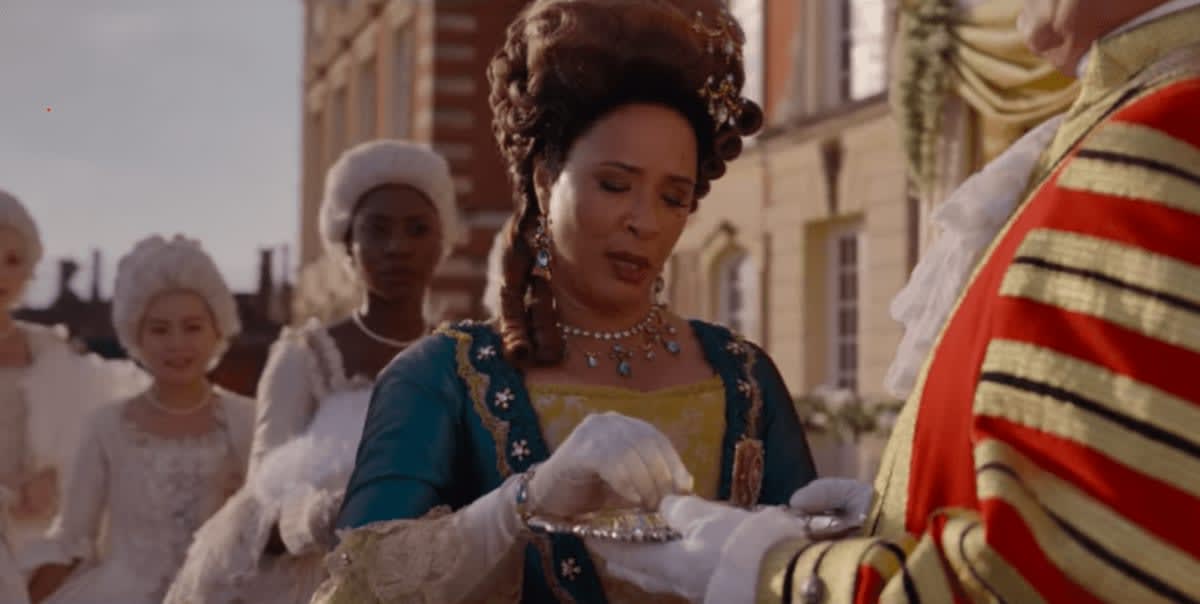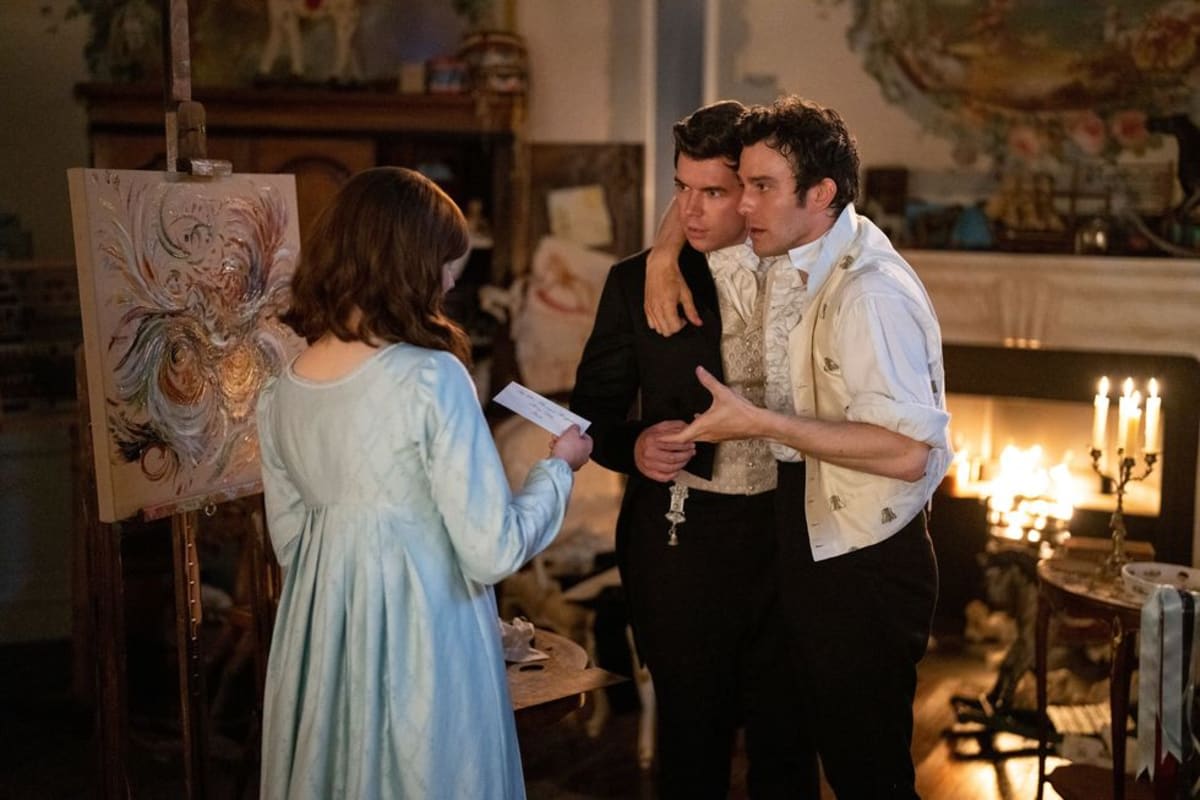From Benedict's tea and Queen's snuff, why 'Bridgerton' is filled with drugs

Contain spoilers for 'Bridgerton'
LOS ANGELES, CALIFORNIA: Luxury carriages, dazzling gowns, and scandalous secrets—the world of 'Bridgerton' is undeniably captivating. But beneath the glittering surface lies a hidden indulgence: drugs.
From Benedict's mysterious tea concoctions to Queen Charlotte's surprising snuff habit, the Regency era's fondness for mind-altering substances seeps into the lavish lives of these high-society characters.
Bridgerton's exploration of drug use invites us to delve deeper into its nuances: Was it a fuel for creativity, as seen in Benedict's artistic pursuits? Or perhaps a coping mechanism for the pressures of social status, as the Queen might suggest?
Let's explore the various narcotics that flit through Bridgerton's opulent drawing rooms, delving into the historical context of drug use in Regency England, analyzing its impact on the characters, and uncovering the show's subtle commentary on societal norms and the human desire to escape.
Queen Charlotte's snuff with a modern twist in 'Bridgerton'

The second season of 'Bridgerton' is an eight-episode Regency romp brimming with longing glances, resplendent jewels, and, intriguingly, drugs.
The series not only captures the opulence and romantic affairs of the era but also delves into the substance use that was common among the elite.
One notable example is Queen Charlotte's frequent snorting of 'snuff.' This finely powdered tobacco, often flavored for a distinctive scent, was a real historical habit of the Queen, earning her the nickname 'Snuffy Charlotte.'
In the show, actress Golda Rosheuvel, who portrays Queen Charlotte, indulges in this habit in various scenes. However, for safety and practicality reasons on set, real snuff was not used. Instead, Rosheuvel snorted a dyed sugar substitute.
She told Decider, 'I think it's like glucose stuff. At the end of the day I'm like, yeah, wild sugar rush. It's harmless, it's fine. Absolutely harmless.'
Colin helps Benedict with a calming drug in 'Bridgerton'

In Episode 3 of Bridgerton Season 2, Colin Bridgerton (Luke Newton) returns home from his travels in Greece with a mysterious calming drug for his brother Benedict Bridgerton (Luke Thompson). This powder, likely opium-based, was intended to soothe Benedict's nerves during a crucial dinner.
However, Benedict inadvertently takes too much, leading to a hilariously high and giddy demeanor, much to the entertainment of their guests.
While opium and other psychedelics were accessible to the wealthy during the Regency era, such indulgences were not common among the Bridgertons, as evidenced by Benedict's unexpected reaction.
Colin's mention of using the drug for meditation in Greece suggests a limited familiarity with such substances, and Benedict's subsequent use for artistic inspiration indicates a cautious exploration rather than habitual indulgence.
Bridgerton cleverly incorporates these historical nuances, balancing accuracy with narrative intrigue in its portrayal of high society culture and occasional flirtation with substances like opium.
'Bridgerton' is available for streaming on Netflix










